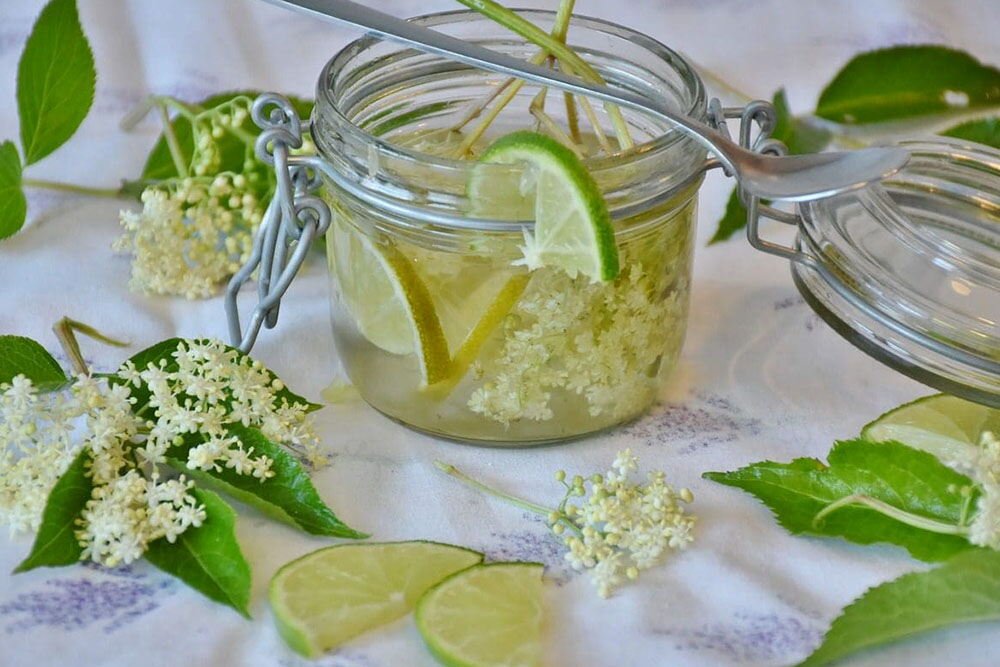Healthy, balanced living doesn’t demand overnight changes. Small, important measures in your regular routine can improve your health. Develop practices that improve your physical, mental, and emotional health. The following nine lifestyle habits might boost your health and happiness.
1. Hydrate—Your Body Will Appreciate It
Hydration is vital for maintaining healthy bodily functions. Water supports digestion, regulates body temperature, keeps your skin healthy, and enhances mental clarity. Proper hydration can also help detoxify your body by flushing out waste products.

Tips for Staying Hydrated:
- Carry a reusable water bottle to remind yourself to drink water throughout the day.
- Use apps that track your water intake.
- Add natural flavors, like lemon, mint, or cucumber, to make drinking more enjoyable.
| Hydration Benefits | Impact on Health |
|---|---|
| Supports digestion | Improves gut health |
| Boosts energy | Reduces fatigue |
| Improves skin health | Increases skin elasticity |
| Enhances mental clarity | Increases focus and productivity |
2. Prioritize Quality Sleep Every Night
Good sleep is one of the most effective ways to support your overall health. Poor sleep leads to irritability, loss of concentration, and long-term health issues. A consistent sleep routine can help reset your body’s natural rhythms and rejuvenate your mind and body.

Sleep Tips:
- Establish a relaxing pre-sleep routine (e.g., reading or stretching).
- Avoid screens for at least an hour before bedtime to reduce blue light exposure.
- Create a calming environment in your bedroom (e.g., dim lights, comfortable bedding).
3. Get Moving—Find an Activity You Love
Physical activity doesn’t have to be a grueling workout session at the gym. Finding an activity you enjoy makes it easier to stay active. Whether it’s dancing, hiking, or practicing yoga, regular movement is key to maintaining a healthy body and mind.

Tips for Staying Active:
- Start with small goals, like 20-minute walks or beginner yoga classes.
- Join a fitness group or take classes to stay motivated.
- Find an exercise routine that suits your personality and lifestyle.
| Activity Type | Benefits |
|---|---|
| Yoga | Increases flexibility |
| Walking | Improves cardiovascular health |
| Swimming | Full-body strength |
| Dancing | Enhances coordination and mood |
4. Fuel Your Body with Whole, Nourishing Foods
Your body needs the right nutrients to function optimally. Focus on consuming whole foods—such as vegetables, lean proteins, whole grains, and healthy fats—that provide your body with the vitamins and minerals it requires.

Food Tips:
- Cook meals in advance to avoid last-minute unhealthy choices.
- Make nutritious snacks accessible (e.g., nuts, fruits, and yogurt).
- Moderation is key—indulge in your favorite foods occasionally without overdoing it.
5. Nurture Your Mental Well-Being
Mental wellness is as vital as physical. Depression, anxiety, and stress can harm your health. Mental health may be improved by practicing mindfulness, doing creative things, and getting professional support.

Mental Health Tips:
- Practice mindfulness techniques like meditation or deep breathing.
- Seek professional help if you experience ongoing stress, anxiety, or depression.
- Engage in creative outlets such as painting or journaling.
| Activity | Mental Health Benefit |
|---|---|
| Meditation | Reduces stress and anxiety |
| Creative hobbies | Improves emotional expression |
| Therapy | Provides tailored coping strategies |
6. Develop Solid Social Relationships
Humans are social creatures, and meaningful relationships are crucial for emotional well-being. Spending quality time with family and friends can lift your spirits, enhance your mental health, and create a sense of belonging.

Social Connection Tips:
- Set aside time for family and friends regularly.
- Join social groups, book clubs, or volunteer opportunities to meet new people.
- Be intentional about cultivating deep, supportive relationships.
7. Unplug Technology Often
Excessive screen time can negatively affect your energy levels and mental health. Unplugging from technology helps you reconnect with yourself and your surroundings, leading to increased relaxation and mindfulness.

Technology Detox Tips:
- Set “tech-free” zones in your home (e.g., dining table, bedroom).
- Limit screen time to certain hours of the day.
- Replace tech time with reading, outdoor activities, or creative hobbies.
8. Practice Gratitude Every Day
Gratitude is a powerful tool for fostering a positive mindset. Regularly acknowledging what you’re thankful for shifts your focus from stress to positivity, which can significantly improve your emotional well-being.

Gratitude Tips:
- Keep a gratitude journal to reflect on things you appreciate.
- Take a moment each day to acknowledge your blessings.
- Share your gratitude with others, reinforcing positive connections.
| Practice | Benefit |
|---|---|
| Gratitude Journaling | Enhances happiness and contentment |
| Expressing Thanks | Strengthens relationships and promotes positivity |
9. Take a Holistic Approach to Health
Wellness isn’t just about physical health; it involves the balance of mind, body, and spirit. A holistic approach to health includes regular exercise, mental health care, proper nutrition, and spiritual practices like meditation or yoga.
Holistic Health Tips:
- Integrate mindfulness with physical activities, such as yoga or Tai Chi.
- Seek alternative therapies like acupuncture, aromatherapy, or massage.
- Address the root causes of health issues, not just the symptoms.
Why Consistency Matters
Any lifestyle change requires consistency. Small, consistent efforts create habits that develop with time. Instead of overhauling your routine overnight, start with one or two modifications and add more as they become habitual.
Tips for Staying Consistent:
- Track your progress with a journal or an app.
- Celebrate small victories, whether it’s meeting your hydration goal or sticking to a workout routine.
- Focus on progress, not perfection.
When to Seek Help
While self-care is important, professional support may be necessary if you face challenges like chronic stress, anxiety, or depression. Mental health centers provide therapy and coping strategies tailored to your individual needs, helping you navigate life’s hurdles.
When to Seek Professional Help:
- If you feel persistently anxious, sad, or overwhelmed.
- If self-care practices aren’t enough to alleviate mental health concerns.
- If you face trauma or long-term emotional struggles.
Frequently Asked Questions
How do small lifestyle changes improve health?
Small changes help establish habits that build over time. These sustainable habits promote long-term health benefits.
Why is mental health important for overall wellness?
Mental health influences decision-making, stress management, and motivation. A healthy mind is key to maintaining balance.
Can lifestyle changes replace professional mental health care?
Lifestyle changes support mental well-being, but professional care may be needed for chronic stress or mental health issues.
How can I stay consistent with healthy habits?
Track your progress, set achievable goals, and celebrate small wins to stay motivated.












